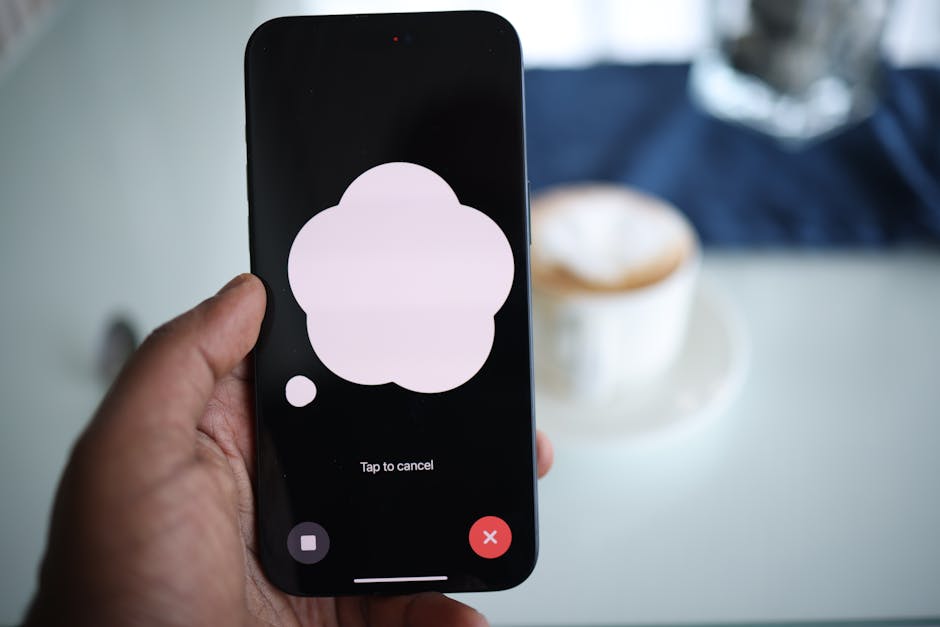On September 1, local time, according to AFP,Microsoft"Frankly, what's missing from (generative AI) today is the ability to say 'yes, yes ...Hey I'm not sure and I need help'. "
Since last year, Microsoft, Google, and their competitors have been rapidly deploying generative AI applications such as ChatGPT and Gemini, which can generate a variety of content on demand and give users the illusion of "omniscience." Despite the progress made in the development of generative AI, they stillHallucinations or made-up answers.

Vik Singh insists that “really smart people” are working on finding ways to make chatbots more useful in the workplace.Admit and ask for help when you don’t know the right answer.
Meanwhile, Marc Benioff, CEO of cloud software giant Salesforce, said last week that he has seen many customers express concerns aboutMicrosoft Copilot’s misleading performanceGetting more and more frustrated.
In recent years, artificial intelligence has flourished, and applications such as chatbots have become increasingly popular. People can get information from these chatbots (such as ChatGPT) through simple instructions. However, these chatbots are still prone to "hallucination" problems, that is, providing wrong answers and sometimes even dangerous information. One of the reasons for "hallucination" isInaccurate training data, insufficient generalization ability, and side effects in the data collection process.